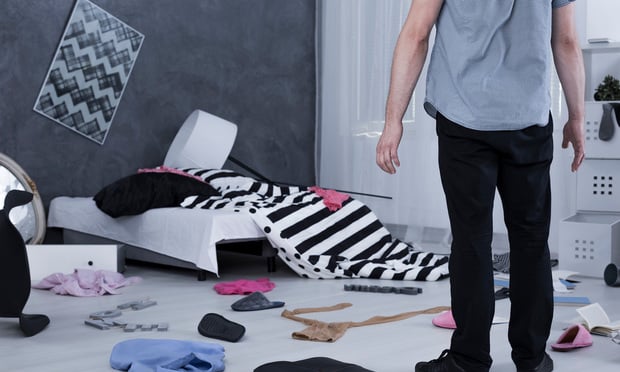AIA: No Bad Faith in Ind. Fumes Case
By E.E. Mazier
NU Online News Service, Sept. 3, 2:15 p.m. EST?The Indiana Supreme Court's ruling in a pollution exclusion case involving carpet fumes was a "mixed bag" as far as the insurance industry is concerned, said a leading trade group.
Despite the ruling last week that an insurer's denial of coverage under a policy's pollution exclusion did not constitute bad faith even though state case law has found the exclusion ambiguous, the American Insurance Association was ambivalent.
The Washington, D.C.-based AIA called the Indiana Supreme Court decision in Freidline v. Shelby Insurance Co. "positive in the sense that the pollution exclusion remains open to interpretation on a case-by-case basis and that the denial of coverage under the exclusion cannot automatically be deemed bad faith."
But Deirdre K. Manna, AIA assistant vice president, Midwest region, added that "the Court's failure to uphold insurers' rights to deny coverage under the exclusion is troubling, and we will continue to look for a remedy to this ongoing problem."
John and Donna Freidline, owners of a commercial building, had the carpeting replaced in some of the offices in August 1997. During the carpet installation, several employees of companies in the building complained that toxic fumes from the carpet glue made them sick. The employees sued the Freidlines and others for compensatory and punitive damages.
When the Freidlines asked their insurer, Shelby Insurance Co., to defend the action and to indemnify them in case of judgment, Shelby declined, citing a pollution exclusion in the insurance policy. Shelby is a subsidiary of Vesta Insurance Group, based in Birmingham, Ala.
Among other things, the Shelby policy defined "pollutants" as "any solid, liquid, gaseous or thermal irritant or contaminant, including smoke, vapor, soot, fumes, acids, alkalis, chemicals and waste."
The Freidlines filed a third-party complaint against Shelby, arguing that the pollution exclusion did not apply to fumes from carpet glue. They also claimed bad faith by Shelby in denying coverage.
The trial court ruled in favor of Shelby, but the Court of Appeals reversed after finding that Shelby was obligated to defend and indemnify the Freidlines and that refusing to do so constituted bad faith.
The Supreme Court unanimously affirmed the appellate court ruling that the pollution exclusion in the policy was ambiguous and that it therefore did not exclude coverage for injuries resulting from the release of fumes from carpet glue.
The court disagreed that Shelby had acted in bad faith in denying coverage. Instead, the court found that, despite case precedent holding the pollution exclusion clause ambiguous, Shelby had a "rational, principled basis for denying liability." In arriving at this conclusion, the court noted Shelby's efforts to distinguish those precedential cases on the facts.
Additionally, the Supreme Court acknowledged that "the scope of the pollution exclusion is an evolving area of law, subject to differing interpretations," as evidenced by the trial court's finding that the clause in the Shelby policy was not ambiguous.
Ms. Manna said the AIA was "confused" by how the Supreme Court could find the language in the exclusion clause ambiguous in the Freidline case. She stated there is clearly a need for "legislative or regulatory action to fix what is becoming a widening and expensive loophole."
Want to continue reading?
Become a Free PropertyCasualty360 Digital Reader
Your access to unlimited PropertyCasualty360 content isn’t changing.
Once you are an ALM digital member, you’ll receive:
- Breaking insurance news and analysis, on-site and via our newsletters and custom alerts
- Weekly Insurance Speak podcast featuring exclusive interviews with industry leaders
- Educational webcasts, white papers, and ebooks from industry thought leaders
- Critical converage of the employee benefits and financial advisory markets on our other ALM sites, BenefitsPRO and ThinkAdvisor
Already have an account? Sign In Now
© 2025 ALM Global, LLC, All Rights Reserved. Request academic re-use from www.copyright.com. All other uses, submit a request to [email protected]. For more information visit Asset & Logo Licensing.








